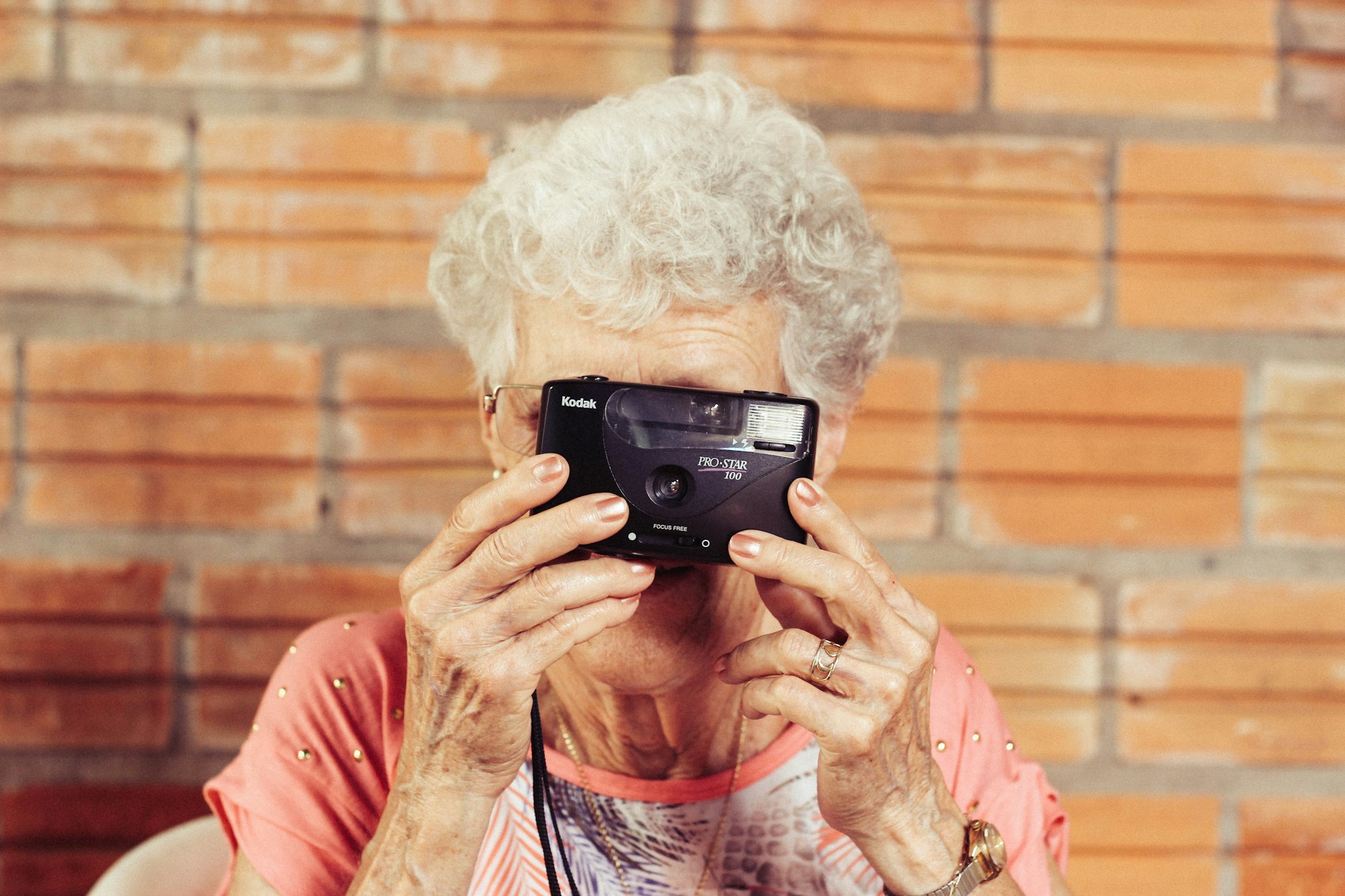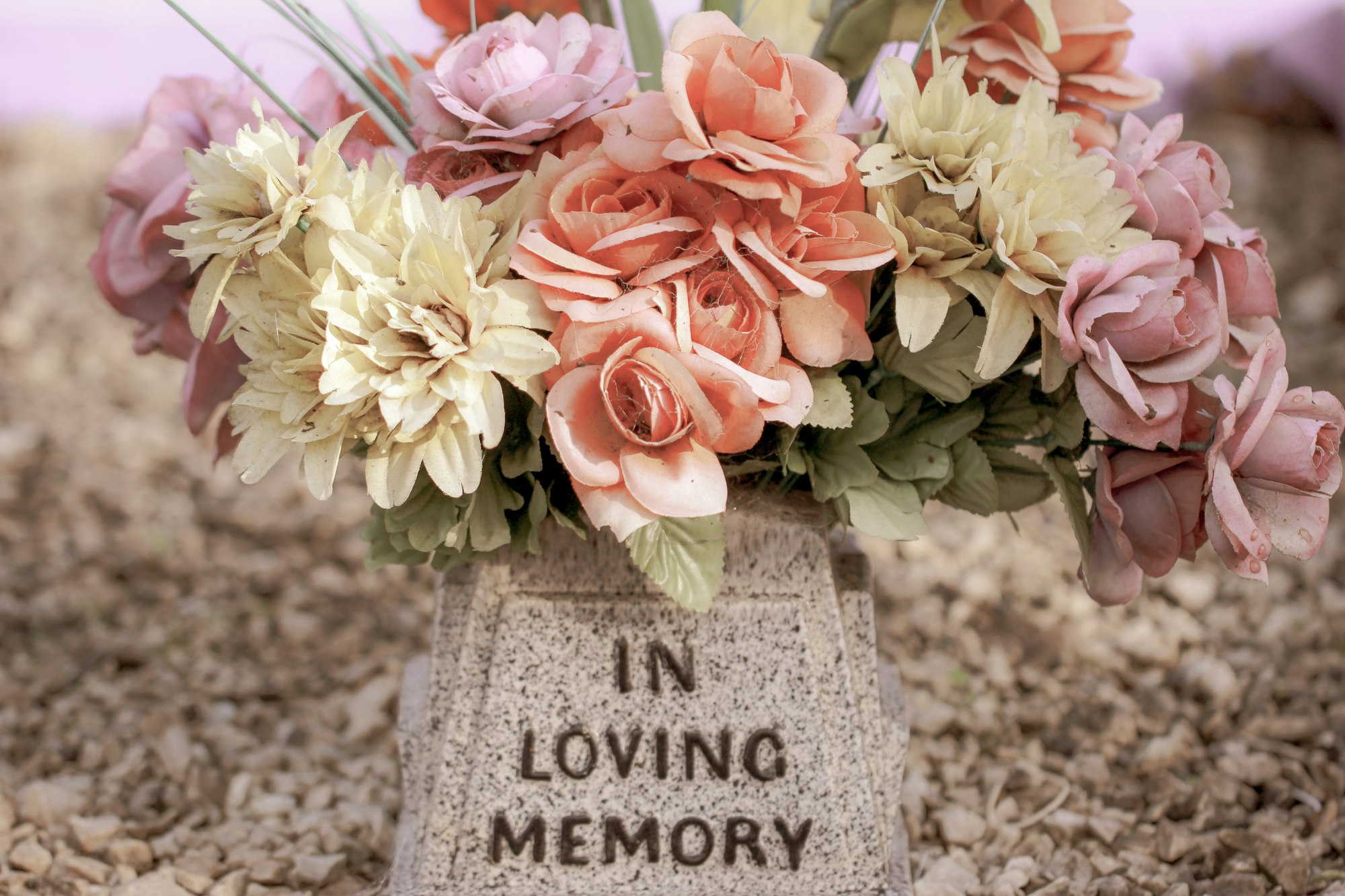Episode 11 – Alycia Martel – Dementia Grief and Losing a Loved One


In this poignant episode, we delve into the complex and often challenging terrain of dementia, grief, and the loss of a loved one. Coping with the death of a family member is never easy, and it becomes an even more intricate journey when dementia is involved. We explore the unique hurdles faced by family caregivers who must navigate the delicate task of informing someone with dementia about the passing of a loved one.
Diane Carbo: Hi, this is Diane carbo we’re with caregiver relief and today I have Alicia Martel end of life specialist, deaf doula and caregiver coach Alycia. I’m so excited to have you here today. The topic we’re going to speak about, it’s very difficult for our listeners out there. At least that it’s still working. As a family caregiver, and she’s been a caregiver for 14 years and has her dad at home with a very slow progressing form of dementia. She is having some challenges that we thought we would share with our listeners today. We’re going to be talking about dementia. Grief and the loss of a loved one. So share with us what’s going on in your situation
Alycia Martel: Late last week, we found out that a family member had passed by others who was also passed. This would have been actually. My father’s God daughter. This is a woman that my cousin, that I was actually very close to. So I’m grieving, I’m hurting, I’m dealing. And after I got that Message that I woke up to. I had to figure out a way to tell my now the problem with telling, delivering bad news to anybody is never comfortable. It’s never fun. It’s never good. The problem we’re telling a patient with dementia is you tell it over and over again for a period of time, and then it’s never spoken up again. When I woke, out up, we went through our morning routine and then I had to sit them down and tell him, I had some bad news to tell him. So I told him that he has got daughter died and his first words were rent. Doris, the mother then Doris was not his, her mother’s name. And then he got the father wrong too.
And I was like, oh man. Oh man. So we went through the family lineage and we did this for approximately three hours in between attracts with this draft. I tried to Where is failing me now, but distracted, close enough. Get his mind on other things. I tried to just leave the room.
Diane Carbo: Yeah. It’s very challenging because you’re giving him emotional news and you don’t know where he is as far as his dementia, as far as his emotional memory. That’s really hard to deal with because, people. That , do not have dementia, have the ability to deal with the emotions rationally, logically and reasonably.
Whereas those with dementia don’t have that ability. And one of the things that could happen is they’re going to have a catastrophic reaction or they’re going to have something less than we would expect. And that’s what you’re experiencing is You didn’t understand who she was, where she was and who she was related to.
So it’s a challenge in the disease process because you just don’t know where they are and Each family member is different. So you have to approach loss and grief with a greater awareness based on their emotional memory and response. I think he did a really good job in the sense that you kept it honest, but you kept it simple.
Alycia Martel: And I answered his questions. He asked them more, more in-depth questions and I answered them and I did it for three hours. I did it whenever he asked, cause it was the first day, and if he can’t came back today, I would answer him. Cause that means he remembered, at the same time I have no support system from my father. I realize I’m 42, but I still sometimes crave my fault. I still wish
Diane Carbo: I’m 68. My mom died 50 years ago and I still miss her and crave her support . So I understand that. Totally. I don’t think we ever get over that. And especially when we’re feeling so vulnerable and alone at a time, that’s very challenging and grieving is we’re already grieving the loss of our family member, we’re caring for the person with dementia because we’re losing them slowly or rapidly depending on any given day. So you always have what they call anticipatory grief, where, you just don’t know what things are going to do from day to day. But the person with dementia, their reason or part of their brain is broken and their short-term memory is gone.
So you have many issues to deal with as well. So one of the things you have to do is you want to provide them with comfort and solace, but you also have to meet your own needs as well, which is really hard. And sometimes you just need to hug them and hold their hand or comfort them through a physical touch and then acknowledge their sadness and let them know that you’re sad too.
I think that helps you as well. I don’t know if his long-term memory is enough with your dad’s specifically that you can reminisce about the person. You might want to say things like remember that time. You brought your mom, awesome flowers for her birthday or something. Now , this was a special person because she seemed to be the storyteller of the family.
Alycia Martel: Oh yes. She was the storyteller. . My mom’s side of the family is Blackfoot native American and yeah. I never knew that really until I had reconnected with my cousin about three years ago, four years ago, after a long period of disconnect. My mom had told me about this, so she never had gotten into it with me and told me exactly how close in lineage the Blackfoot was, and I was very excited to learn about it and her grandmother had taught her how to be the storyteller. She told me she was teaching me. She was training me, so I was getting some family stories and family knowledge that I didn’t have them. My mom never taught me. And I thought it was really cool talking to her about stuff and learning about my family too.
Diane Carbo: That’s such a beautiful story because we have lost that . People are going to ancestry.com and stuff too, to do their history , but to have somebody actually in the family that is sharing those stories and written them down is beautiful. I’m sure it was just a huge loss for you.
Alycia Martel: It is I spent a good time this weekend crying. Yeah, I’m taking this one a little rough, but that’s okay. Because every loss is going to be with me for a while. , her son, my certifies, I know my age. We went to high school together and I’ve been keeping tabs on him and his girlfriend, so I’ve been in touch with them
Diane Carbo: they leave a hole in our lives, in the fabric of our lives. And for us, we usually can go through a process of, accepting a loss, learning to live with it and finding a new normal. But for those with dementia, the loss can transform them. They aren’t able to process. So it’s impossible for them to grieve and they may show periods of agitation and restlessness because they’re frustrated. They may sense something’s not right. Or something’s missing. They may get confused. One loved one for another, as it sounds your dad did and a recent memory, a recent death can actually stimulate a memory of loss from their childhood even, and it can be stressful for a family member. So that’s a challenge and helping them get through that while you’re dealing with your own grief. I find I lost my mom 50 years ago suddenly, and then I lost my son to suicide. , it’ll be 10 years this year. And I can tell you that grief comes in waves. And it continues throughout your whole life, that loss, and to deal with it, you have to let your feel yourself, feel that pain. You have to let yourself just on those bad days when you are feeling and missing that person so much, allow yourself to feel it because each time the pain will get less. I know having lost my son, I just say just 10 years out, I’m still dealing with waves of terrible grief and people have said to me, why aren’t you over it? Really.
Alycia Martel: That’s one specific laws that I don’t think first of all, any mother should ever experience and second of all, that I don’t think you can ever get over. I like to say to people that you don’t tend to get over certain losses or most losses in just that it’s different to live with them.
Diane Carbo: And what I want people to know that if they have a family member with dementia. There are times when that person’s going to like your dad. He may not have had daily interaction with her but he may ask, where is she or how is she doing? It’s really a fine line you’re walking because when I could be walking down the street, And see someone that reminds me of Jeff and there are times when that just makes me feel sad and cry and I’m embarrassed and ashamed. Now think about this I’m 10 years suicide from my son and it was a terrible loss. And I’m still having moments of that. That’s the way a person with dementia feels when they have no long-term memory and they can really feel the pain and suffering as if they’ve heard it for the first time, all over again.
That’s it’s hard to deal with. There are times when you can’t protect them from the truth. There are times when, if there, if it’s going to cause worry agitation when the person that they love and care for. Is gone and they realize that then you need to make accommodations and be comforting to them in ways that you don’t feel are always honest, but it might be better to distract them with things like yeah.
Get out pictures and tell stories. You’ve got your aunt or your cousin, who’s left you with some important stories that maybe your dad knows. Maybe doesn’t just to distract him to get his mind off it. You may have to just say they’re okay. There’ll be back later. I know it’s a little white lie, but sometimes it’s better to just to distract them and comfort them than to cause them pain and anxiety because people that are in the in dementia are living in the moment for the most part.
Alycia Martel: Yes, they do. Totally mindful. Yeah. I, they’re right there right now.
Diane Carbo: So it’s good to just be aware of their mood at the moment. If they’re just, if they ask about the person and if they’re not aware and distressed, you don’t need to bring up the reality of what has happened.
Look for patterns in times when they asked about the person who died, is there an unmet need? Maybe the person brought them coffee in the morning or they, they went out to lunch frequently or made frequent phone calls and now those things are gone. So you have to think of other distractions and ways to deal with helping them work on their grief or avoiding it. I think the challenge is going to be for you is finding support for your yourself as you go through this process. And I would recommend that you’re always good about reaching out. You have friends to reach out to you have support groups that you belong to and I hope that you’ll do that. Reach out to help you cope with the painful, the lonely and sad feelings that you may have, because it’ll help you to deal with dealing with your dad.
Alycia Martel: Yeah. There’s only a couple people that I discussed my father with as far as my friendship circles go, mainly because I’m a fairly private person. The day that I found out, one of my girlfriends was on her way to the casino and she decided to get dropped off here. Out of the blue. So I have some pretty groovy people around me who will be there if I need them.
Diane Carbo: And I’m going to point out that a lot of caregivers don’t because they feel isolated. And I’m sure you do, I’m sure you do. Because it’s just, your life has been disrupted. You’re not out there. I always say that relationships are like plants. You have to water them and give them attention and nurture them and when you’re providing care, 24 hours a day, Seven days a week for somebody. And you are also a mom with a 14 year old, you’re challenged and you’re your outside relationships. Don’t get the attention. And then the care and nurturing that they need to maintain them. So it’s hard and most caregivers don’t right.
Alycia Martel: The caregivers as caregivers, we can nurture and love our people from inside the dome, Yeah, you can come here if you want far as wide open, come on in, but this is where we are.
Diane Carbo: Exactly. I think that’s a really good point. And one of the other points I want to make is everybody has a different grief style. Adult children, for example, can be very shocked that, mom, isn’t devastated over a child’s death or their husband’s death and that the family feels like they need to remind the person. With dementia, that person has died. so you really have to be careful not to project your own grief on the family member that has dementia. That’s a hard one because you’re walking a fine line here because you’re hurting you’re in pain and we have to deal with grief in our own way as well as does the person with dementia, but their grief style is going to be so different from yours, depending on where they are in that disease process. And I think that’s challenging.
Alycia Martel: And you know what I’ve noticed too, that it’s different for the person who passed away. He’s lost a couple brothers and a sister the last several years and he knows immediately that they’re gone and you can’t hide that from him. He knows that the brother that’s gone and I had to get them, we had to go through the services and, do all that stuff. And he reacted. I’m going to use the words and quotations appropriately, the, a B expect one word when they lost a brother and it’s different with this. One is different with this loss is much more unique. He’s already forgot.
Diane Carbo: I think that it’s important to. Acknowledged their sadness and validate how difficult it must be to hear this in the field of the news. Again, it’s, let’s with Jeff when with was my son, when he passed I try to celebrate his life and silly things he to do, to remember him, like we would go into the ocean and swim. We went to Mexico together. God bless him. He treated me. And so this is silly, but I like to on his birthday or on his the anniversary of his death to just get into the ocean because. That’s something we shared together and I just know a piece of moon is in there somewhere and it comforts me
Alycia Martel: absolutely and part of my surgical. But my personal belief is we come from the ocean. We returned to the ocean and that’s, who doesn’t mind a goofy in the water.
Diane Carbo: Perfect. Yeah.
Alycia Martel: Keep the child life, there is nothing wrong with using any humor either to help get through grief because not like you said, we all have our coping mechanisms, the way we cope with things, but , if you’re a patient with dementia is open to humor. That is the best way to try and steer things around because it puts them right back into a good, fun, loving mood.
Diane Carbo: That’s a really good point that you’re making there because they do go with the mood of you and what you’re projecting.
Alycia Martel: If you can make this silly joke, if they’re open to some more, risque jokes to keep. Whatever they’re, wherever they are and personally my father is a jokester. He is a trickster. He will keep you going all day. So that’s what we do if he ever gets too anxious, if he ever gets too sad or the confusion is I see you’re starting to really rattle him off. I just try to joke around and slip, flip it right around. And it works.
Diane Carbo: I have to tell you that is so important and it’s times like this, when I’m there that they’re feeling anxious or they’re feeling sad that even a funny movie upbeat music, depending on what they like will help. And stay away from news, stay away from war movies, stay away from things that would upset them or trigger them to cause them to feel anxious or sad and that’s something you have to take on a case by case basis, but there’s nothing better than making eye contact and touching their hand or their shoulder and just looking at them and smiling. That you’re there for them.
Alycia Martel: A lot of times they feel like nobody is because they’re if they’re anxious, if they’re confused, they don’t know.
Diane Carbo: when you redirect your attention to something more positive you’re trying to give them time to grieve, but you want to lead them to a more positive moment. And that’s where you need to be. And they do have more difficulty refocusing at times but you need to keep trying and helping to redirect your attention to something positive, is a key to a good emotional life for them. And again, you need to be mindful, And not project your pain and your sadness on them. And it’s really hard. It’s really hard when you’re hurting yourself and you’re feeling that pain, but I’ve learned that I’m new and I have talked about this before, Alycia, you and I both know how to wear a mask to hide our pain, our suffering and so many caregivers do they, they have the ability to hide their feelings. It’s not good for us, but we have to take care of ourselves and that’s when it’s practicing self care it’s practicing, reaching out, getting support, grief support, if you need it. Now you can do tele medicine where you can get, have talked to somebody, a grief counselor. I don’t know if was this a sudden death or was it in she, was she on hospice?
Alycia Martel: No, it was a very Southern death from an autopsy. Yeah. She had medical issues, but don’t know, they don’t know what happened. We just don’t know.
Diane Carbo: I’m so sorry to hear that. That just always makes me sad when we have lost. I have to tell you that people with dementia deal with loss and grief so much differently and it’s more of a challenge for the caregiver. Then we’ve ever had to experience before because it’s not normal and I know many people have a hard time giving up the the idea that they have to tell somebody over and over again about the death and they have to remember that it’s just repeatedly telling the person with dementia about a death can make a family member’s grief, morphine, their grief, more painful. So it’s important that you’ll learn to use clear words when you’re talking, like saying they die. Instead of passed away or at peace. Now, I think that’s important, be very clear about what happened, but don’t repeat it over and over again. Don’t give too many details. You don’t want to overwhelm them and only answer questions as honestly as possible, but don’t project, that they need to know more than they really do because they’re not capable of taking in that information and accepting it.
Alycia Martel: That sounds good.
Diane Carbo: are you taking him to the funeral service or anything?
Alycia Martel: I don’t know. I don’t even know if I can get there and I don’t have transportation.
Diane Carbo: Okay. . Cause you know, dealing with, going to a funeral can make it more real for them. The rituals around death can be comforting for some people. But again, it’s a time when you have to be careful that the person may become agitated during a service. So then you have to think about that. Again it’s dealing with you. I think that every family has to find what works for them and then they need to try to be consistent as possible so that all the family members. And the visitors of your family member with dementia, that you approach things in a simple but consistent way. You can just write a simple little plan of, how you want to approach things and share it with others that are coming to visit are going to be talking to him.
And then I encourage all family members, especially the family caregiver to find support and help themselves cope with all that they’re dealing with because. It’s a stressful time for both of you and stress increases, cortisol and compromises, our immune system, and not dealing with grief, pushing those feelings down.
It’s like eventually one day Pandora’s box opens and you can’t stop. You just can’t stop.
. I’m so sorry to hear about your cousin, and I know that you’re being very challenged right now with your dad . I know that grief is overwhelming and waves of grief come at us when we least expect it. And you as well as many family caregivers are out, there are being very challenged to deal with your grief in a very different way, because you’re grieving the loss of what your dad was, who he was and seeing him decline as well as losing family members and then trying to support him as well.
So on that note, I’m going to tell all my family caregivers out there you are the most important part of the family caregiving situation. Please take care of yourself. Practice. Self-care be gentle with yourself because without you, it all falls apart and you’re worth it.
Alycia Martel: Thank you so much for sharing this. The story with us today, I’m a very appreciative, and I know many out there that are caregivers are going to benefit from hearing your story and helping them to deal with dementia, grief and their own grieving process.
Thank you, Diane. I’ll talk to you next week.
Diane Carbo: Thanks Alycia. Okay, bye.
Conclusion: Alycia Martel's heartfelt sharing of her personal experience sheds light on the emotional rollercoaster that caregivers endure. Her resilience in the face of adversity and her commitment to providing the best care for her father, who battles dementia, serves as an inspiration to us all. We've learned that grief is a deeply personal journey, and each person, especially those with dementia, experiences it in their unique way.
As caregivers, it's crucial to remember that we must balance our own grief with the compassionate care we provide to our loved ones. Alycia's insights remind us of the importance of clear communication, humor, and distraction in helping those with dementia cope with their emotions.
Understanding Dementia Catastrophic Reaction
Share Your Sorrow Write to Heal
Our Resources section can help you find the information and tools that you need. We have courses, videos, checklists, guidebooks, cheat sheets, how-to guides and more.
You can get started by clicking on the link below. We know that taking care of a loved one is hard work, but with our help you can get the support that you need.
Click here to go to Resources Section now!
You might also like this article:













